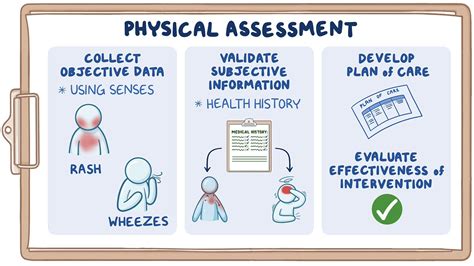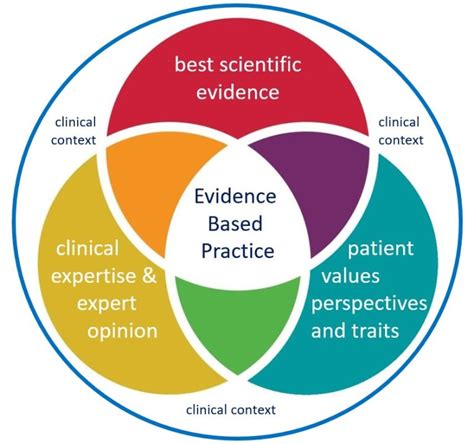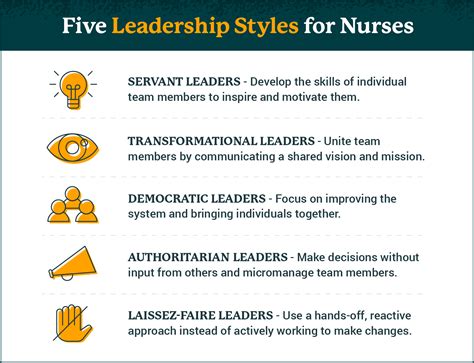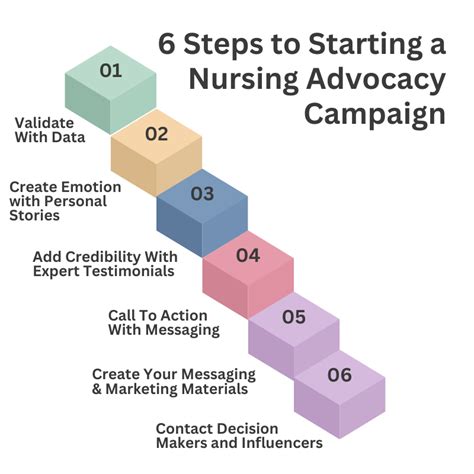Intro
Explore the dual nature of nursing in 5 Ways Nursing Can Be Both Subjective And Objective. Discover how nurses balance personal perspectives with evidence-based practices, navigating patient-centered care, cultural competence, and emotional intelligence. Learn how subjective experiences inform objective decision-making in this nuanced profession.
Nursing, as a profession, has long been regarded as both an art and a science. While it is rooted in scientific knowledge and evidence-based practices, nursing also involves a deep understanding of human emotions, behaviors, and experiences. This unique blend of objectivity and subjectivity is what makes nursing a complex and multifaceted profession. In this article, we will explore five ways in which nursing can be both subjective and objective, highlighting the intricate relationship between these two seemingly opposing aspects.
1. Patient Assessment and Observation

Patient assessment is a critical component of nursing practice, requiring both objective and subjective skills. Nurses use standardized tools and frameworks to collect data about a patient's physical and emotional condition, which is an objective process. However, the interpretation of this data and the identification of patterns and trends also require a degree of subjectivity. Nurses must use their clinical judgment and experience to piece together the information they have gathered, taking into account the patient's individual circumstances, medical history, and personal characteristics.
For example, a nurse may use a standardized pain assessment tool to evaluate a patient's level of discomfort. However, the nurse must also consider the patient's nonverbal cues, such as body language and tone of voice, to get a more complete picture of their pain experience. This blending of objective data collection with subjective interpretation is a hallmark of nursing practice.
2. Communication and Interpersonal Skills
Effective communication is essential in nursing, and it requires both objective and subjective skills. Nurses must be able to convey complex information to patients, families, and healthcare teams in a clear and concise manner, which is an objective process. However, they must also be able to tailor their communication style to the individual needs and preferences of each patient, taking into account their emotional state, cultural background, and personal values.
For instance, a nurse may need to explain a diagnosis and treatment plan to a patient who is anxious or scared. In this situation, the nurse must use objective information about the patient's condition, while also being sensitive to the patient's emotional state and using empathetic language to reassure them.
2. Evidence-Based Practice and Research

Nursing practice is guided by evidence-based research, which is an objective process. However, the application of this evidence in real-world settings requires a degree of subjectivity. Nurses must use their clinical judgment to evaluate the relevance and applicability of research findings to individual patients, taking into account their unique circumstances and needs.
For example, a nurse may be caring for a patient with a complex medical condition, such as diabetes. While there is a wealth of research evidence available on the management of diabetes, the nurse must use their subjective judgment to decide which specific interventions and treatments are most appropriate for this particular patient.
3. Cultural Competence and Diversity
Nursing practice is increasingly diverse, with patients from a wide range of cultural backgrounds. Nurses must be culturally competent, which requires both objective and subjective skills. They must have a deep understanding of the cultural norms, values, and practices that shape a patient's experiences and behaviors, which is an objective process. However, they must also be able to apply this knowledge in a sensitive and respectful manner, taking into account the individual patient's unique cultural identity and needs.
For instance, a nurse may be caring for a patient from a culture that values modesty and privacy. In this situation, the nurse must use objective knowledge about the patient's cultural background, while also being sensitive to their individual needs and preferences.
3. Leadership and Management

Nursing leadership and management require both objective and subjective skills. Nurses in leadership positions must be able to analyze data and make informed decisions about resource allocation, staffing, and policy development, which is an objective process. However, they must also be able to inspire and motivate their teams, build relationships with stakeholders, and navigate complex organizational politics, which requires a degree of subjectivity.
For example, a nurse leader may need to make a decision about staffing levels on a particular unit. While they can use objective data about patient acuity and staffing ratios to inform their decision, they must also consider the subjective factors that affect team morale and job satisfaction.
4. Education and Professional Development
Nursing education and professional development require both objective and subjective skills. Nurses must have a strong foundation in scientific knowledge and evidence-based practices, which is an objective process. However, they must also be able to apply this knowledge in a creative and innovative way, taking into account the unique needs and circumstances of individual patients.
For instance, a nurse educator may be teaching a class on pharmacology. While they can use objective information about medication dosing and side effects, they must also be able to facilitate discussions and encourage critical thinking, which requires a degree of subjectivity.
4. Advocacy and Policy Development

Nursing advocacy and policy development require both objective and subjective skills. Nurses must be able to analyze data and make informed decisions about policy development and advocacy efforts, which is an objective process. However, they must also be able to build relationships with stakeholders, navigate complex political landscapes, and communicate effectively with policymakers, which requires a degree of subjectivity.
For example, a nurse advocate may be working to develop policy around healthcare access and equity. While they can use objective data about health disparities and access to care, they must also be able to build coalitions and mobilize support, which requires a degree of subjectivity.
5. Emotional Intelligence and Empathy
Emotional intelligence and empathy are essential skills for nurses, requiring both objective and subjective abilities. Nurses must be able to recognize and manage their own emotions, as well as those of their patients, which is an objective process. However, they must also be able to use their emotional intelligence to build relationships, establish trust, and provide compassionate care, which requires a degree of subjectivity.
For instance, a nurse may be caring for a patient who is experiencing anxiety or fear. While they can use objective techniques such as deep breathing and relaxation to help the patient manage their emotions, they must also be able to empathize with the patient's experience and provide emotional support, which requires a degree of subjectivity.
What is the role of subjectivity in nursing practice?
+Subjectivity plays a crucial role in nursing practice, as it allows nurses to tailor their care to the unique needs and circumstances of individual patients. Nurses must use their subjective judgment to interpret objective data, taking into account the patient's emotional state, cultural background, and personal values.
How do nurses balance objective and subjective skills in their practice?
+Nurses balance objective and subjective skills by using their clinical judgment to evaluate the relevance and applicability of research evidence to individual patients. They must also be able to communicate effectively with patients, families, and healthcare teams, taking into account their unique needs and circumstances.
What is the importance of emotional intelligence in nursing practice?
+Emotional intelligence is essential in nursing practice, as it allows nurses to recognize and manage their own emotions, as well as those of their patients. Nurses must be able to empathize with patients, establish trust, and provide compassionate care, which requires a high degree of emotional intelligence.
As we have seen, nursing is a complex and multifaceted profession that requires both objective and subjective skills. By embracing this blend of art and science, nurses can provide high-quality, patient-centered care that takes into account the unique needs and circumstances of individual patients. Whether it's assessing patients, communicating with families, or advocating for policy change, nurses must be able to balance objective data with subjective judgment, using their clinical expertise and emotional intelligence to guide their practice.
